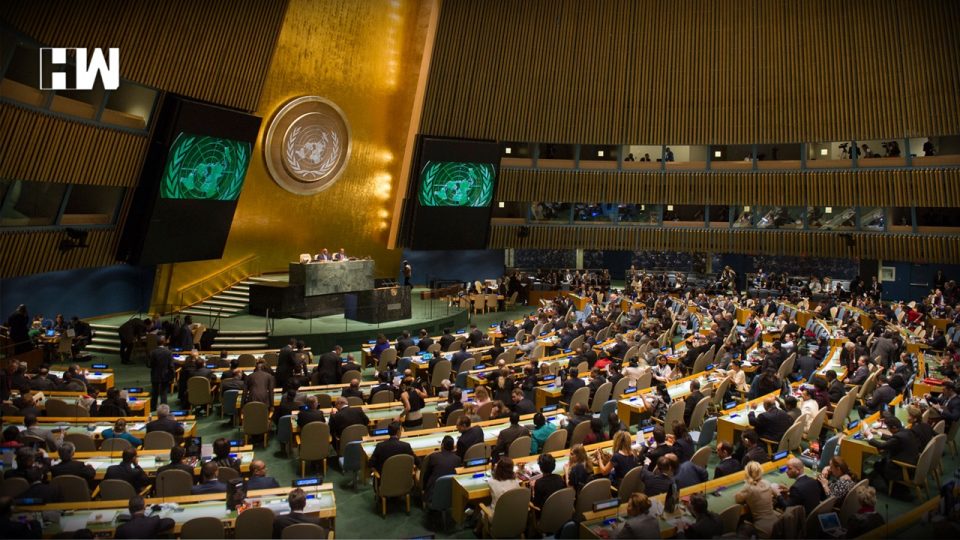United Nations | Sudan’s envoy to the United Nations said Friday that a two-year transition period to civilian rule announced by the military council that seized power in the country could be shortened as protesters kept up their demands for change.
Addressing the UN Security Council, Sudan’s charge d’affaires Yasir Abdelsalam offered assurances that the military council would support an inclusive civilian-led government.
“The (military) council will be the guarantor of a civilian government to be formed in collaboration with political forces and stakeholders. No party will be excluded,” Abdelsalam told the council.
“The transitional period could be shortened depending on developments on the ground and agreements between stakeholders.” The military rulers who removed president Omar al-Bashir from office on Thursday have offered dialogue with all political groups on forming a civilian government.
Protesters, who took to the streets months ago to demand an end to Bashir’s rule, have kept up their demonstrations, denouncing an army coup and calling for civilian rule.
The United States has called on Sudan’s army to bring civilians in the government, while Britain’s Foreign Secretary Jeremy Hunt has said that a two-year transition “is not the answer.” “We need to see a swift move to an inclusive, representative, civilian leadership,” Hunt said.
The Sudanese envoy said the military council was committed to leading a peaceful transition to civilian government and responding “to the Sudanese people’s aspiration for change.” Abdelsalam also said that the political upheaval in his country was a “domestic issue,” indicating that the council should not intervene.
UN Secretary-General Antonio Guterres called Thursday for a transition in Sudan that meets the “democratic aspiration” of the Sudanese people.
The council met behind closed doors to discuss the dramatic developments in Sudan, but decided to hold off on a response until its African counterpart — the African Union Peace and Security Council — meets on Sunday.
Britain, Belgium, France, Germany and Poland, which had called for the meeting along with the United States, said they were ready to meet again, possibly on Monday.
“We have to come to a credible and inclusive political process that will lead to the transition that we all want,” said German Ambassador Christoph Heusgen.
Bashir, who swept to power in a 1989 coup, was one of Africa’s longest-serving presidents. He is wanted by the International Criminal Court on charges of genocide and war crimes.
In Khartoum, the head of the council’s political committee, Lieutenant General Omar Zain al-Abdin, confirmed that Bashir remained in custody, but said the council will never extradite him.
As an independent media platform, we do not take advertisements from governments and corporate houses. It is you, our readers, who have supported us on our journey to do honest and unbiased journalism. Please contribute, so that we can continue to do the same in future.

